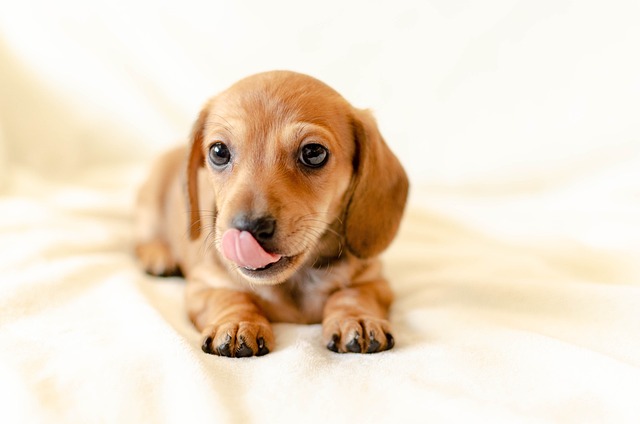
What food can be fed to a two month old Schnauzer
When you bring home a fluffy little ball - a two-month-old Schnauzer, its big wet eyes look at you as if silently asking, "Master, what should I eat?" At this moment,
When the lively and lovely little Golden Retriever at home suddenly starts hiccupping frequently, and the sound of "hic, hic" comes intermittently, there is a bit of confusion and discomfort in its originally agile eyes. This scene makes the owner's heart tighten instantly. The little Golden Retriever keeps hiccupping. Although in most cases it is not a serious illness, continuous hiccups can still make the little guy uncomfortable and also tug at the owner's heartstrings. To help the little Golden Retriever get rid of the trouble of hiccupping, we need to deeply explore the reasons behind it and use scientific methods and full of love to dispel this discomfort.
From a physiological perspective, a dog's hiccupping is similar to that of a human, which is caused by the spasm of the diaphragm. The diaphragm is a muscle between the chest cavity and the abdominal cavity. When it is stimulated and spasms, it will cause the glottis to suddenly contract, thus making the sound of "hic". For a little Golden Retriever, its various organs are still in the developmental stage, and its digestive system is relatively fragile and sensitive, making it more prone to hiccups. Moreover, the little Golden Retriever is full of curiosity and is lively and active, and many inadvertent behaviors can be the 诱因 for hiccups.
Improper diet is one of the common reasons for a little Golden Retriever to hiccup. The little Golden Retriever often eats voraciously, and this way of rapid eating can make a large amount of air enter the stomach along with the food. When too much air accumulates in the stomach, it will stimulate the diaphragm to cause spasm, resulting in hiccups. For example, when the owner takes out delicious dog food, the little Golden Retriever may rush forward eagerly and swallow it in big gulps, regardless of the eating speed. In addition, eating food that is too cold or too hot can also stimulate the little Golden Retriever's stomach and cause hiccups. For instance, in the hot summer, feeding the little Golden Retriever cold drinks taken out from the refrigerator can cause the diaphragm to spasm when the cold food enters the stomach. Some owners change the food for the little Golden Retriever too suddenly. The components and taste of the new food are different from before, and the stomach may have difficulty adapting, which can also lead to hiccup symptoms.
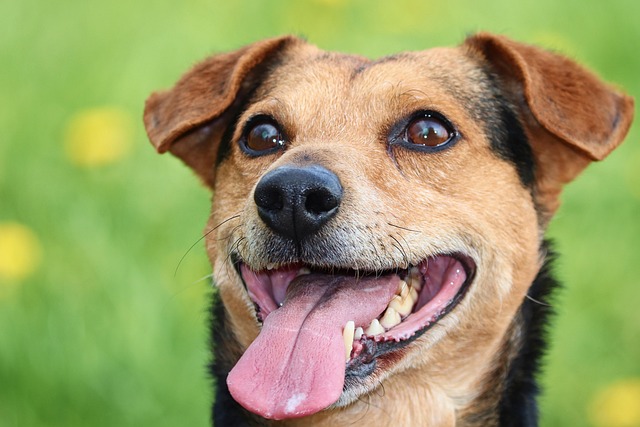
Swallowing foreign objects can also trigger hiccups in a little Golden Retriever. The little Golden Retriever is in the teething stage, and it is curious about everything around it and likes to explore the world with its mouth. Small parts of toys, fallen tissues, or small stones on the ground may all be objects that it swallows. When a foreign object enters the esophagus or stomach, it will stimulate the stomach and intestines, causing abnormal contraction of the diaphragm and then triggering hiccups. If the swallowed foreign object is large or sharp, it may also cause damage to the stomach and intestines and lead to more serious problems. Once, a little Golden Retriever swallowed a button from a plush toy when the owner was not paying attention. Then it started hiccupping frequently and also showed signs of vomiting, which really scared the owner.
Emotional factors should not be ignored. The little Golden Retriever's emotions are relatively sensitive. When it feels nervous or excited, its body will be in a state of stress, and this state may affect the function of the autonomic nerves, leading to diaphragm spasm and hiccups. For example, when a stranger comes to the house, the little Golden Retriever is both curious and scared, and when its emotions become tense, hiccups may occur; or when the owner plays intense games with it and the little Golden Retriever gets overly excited, hiccups are also likely to be triggered.
In addition, some potential health problems can also manifest as hiccup symptoms. For example, gastrointestinal diseases such as gastritis and enteritis can affect the normal peristalsis and digestive function of the stomach and intestines and stimulate the diaphragm to cause hiccups. Parasite infections can also cause hiccups in a little Golden Retriever. Parasites in the intestines can interfere with the normal operation of the stomach and intestines and trigger a series of discomfort symptoms, and hiccups are one of them. If the little Golden Retriever not only hiccups but also has symptoms such as loss of appetite, listlessness, and diarrhea, the owner needs to be highly vigilant, as it is likely that there is a health problem.
When the little Golden Retriever keeps hiccupping, the owner should not panic first. If the hiccups are caused by eating too quickly and swallowing air, you can try to feed the little Golden Retriever a small amount of warm water. Warm water can soothe the diaphragm, relieve the spasm symptoms, and also moisten the throat and stomach to alleviate the discomfort. You can also gently stroke the little Golden Retriever's abdomen in a clockwise direction, with gentle and slow movements, which can help promote gastrointestinal peristalsis and expel the air in the stomach, thus relieving the hiccups. During the stroking process, talk to it in a gentle tone, making it feel your care and comfort, which can also help relieve the nervousness and reduce the hiccup symptoms.
If you suspect that the little Golden Retriever is hiccupping because it has swallowed a foreign object, the owner needs to carefully observe its condition. If the hiccups persist and are accompanied by symptoms such as vomiting, abdominal pain, and poor mental state, it should be taken to the pet hospital immediately. The doctor will determine the location and situation of the foreign object through examinations such as X-rays and B-ultrasound, and then take corresponding treatment measures, such as inducing vomiting, enema, or surgical removal of the foreign object. In daily life, the owner should pay attention to storing small objects properly to prevent the little Golden Retriever from coming into contact with foreign objects that it may swallow, and prevent such situations from happening at the source.
For hiccups caused by emotional problems, the owner should soothe the little Golden Retriever's emotions in a timely manner. You can hold it in your arms, gently stroke its head and back, and talk to it in a gentle voice to help it relax. You can also provide it with some favorite toys to divert its attention and relieve the nervous and excited emotions. At the same time, in daily life, try to create a quiet, comfortable, and stable living environment for the little Golden Retriever to reduce its emotional fluctuations.
If the little Golden Retriever's hiccup symptoms do not subside and are accompanied by other abnormal symptoms, it is necessary to seek medical attention in a timely manner. The veterinarian will accurately determine the cause of the disease through detailed inquiries, physical examinations, and necessary laboratory tests and give professional treatment advice. During the treatment process, the owner should take care of the little Golden Retriever strictly according to the doctor's instructions and give it more love and company. Every careful care and every warm moment are helping the little Golden Retriever recover its health. Watching it regain its former vitality and cheerfulness, all the efforts are extremely worthwhile, because in the days of accompanying the little Golden Retriever, its health and happiness are the greatest wish of the owner.

When you bring home a fluffy little ball - a two-month-old Schnauzer, its big wet eyes look at you as if silently asking, "Master, what should I eat?" At this moment,
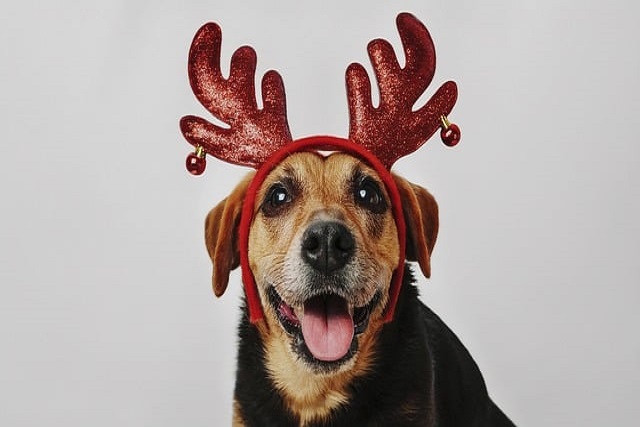
When you see your usually lively dog suddenly limp while running, being cautious when going up and down the stairs, and even having difficulty getting up,
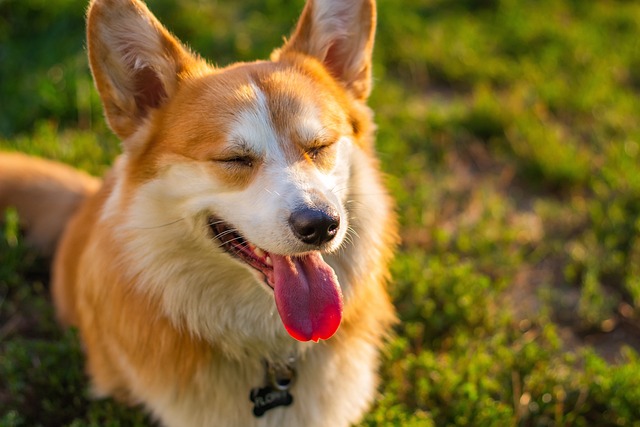
When a doggy door is installed at home to facilitate the dog's free entry and exit,and the owner is looking forward to the dog being able to move freely like other dogs,
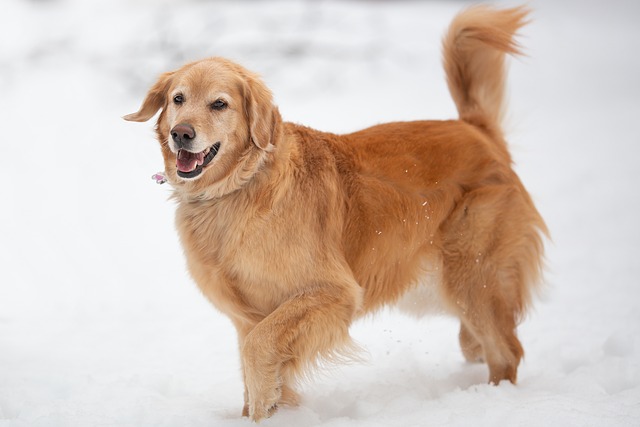
As the most loyal companions of humans, dogs accompany us through countless warm times. Understanding the colors that are difficult to distinguish in their vision is not only an exploration of scientific knowledge,
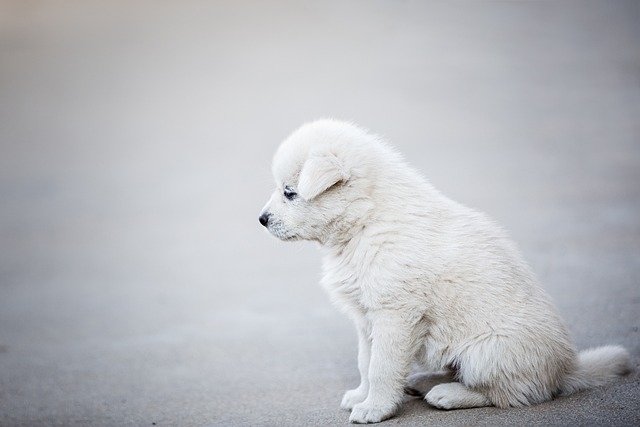
In the morning sunlight, other people's dogs have smooth and shiny fur, shining like silk. However, your own precious dog's fur is dull, dry, and rough,
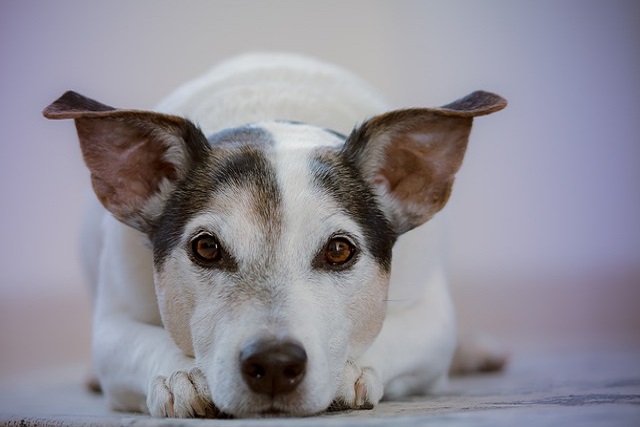
In the late night, in the silent room, you, who were originally sleeping quietly, are suddenly awakened by a "rustling" scratching sound.